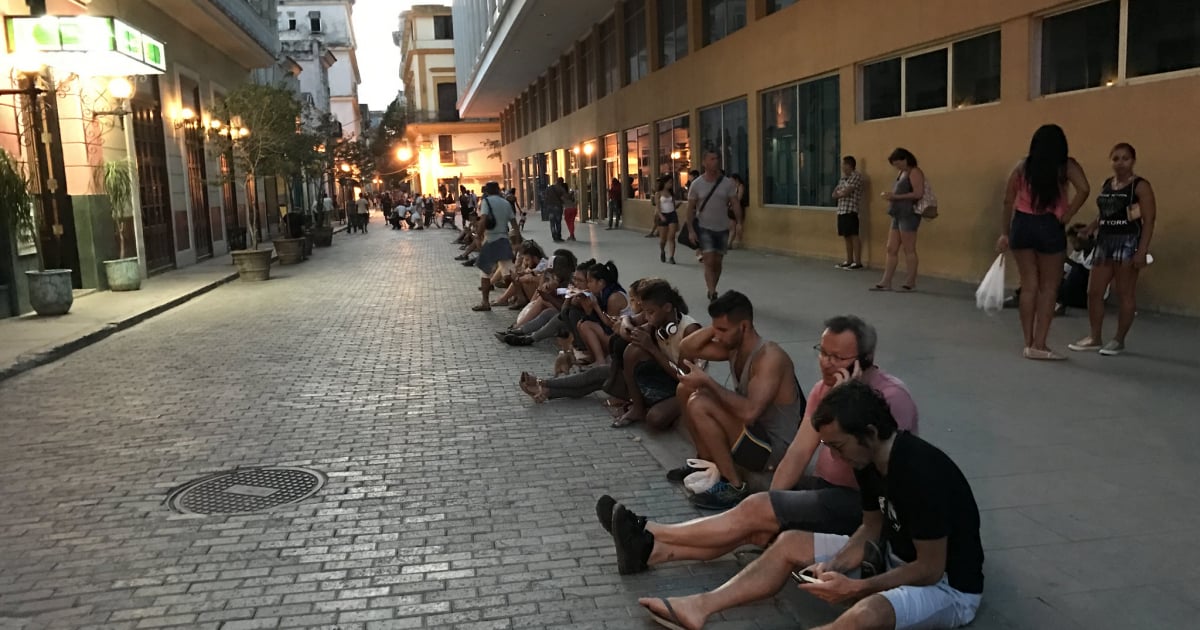
Cuba continues to be without internet access after more than 24 hours of a massive blackout, which has created significant digital isolation for millions of people who are also under the threat of a hurricane.
According to the international internet shutdown observatory NetBlocks, network data shows that a large part of Cuba remains disconnected, as a result of a second national blackout reported this Saturday.
This power cut has paralyzed both communications and several areas of the economy, the source indicated.
Last Friday, a failure in the electrical system caused a massive blackout that affected the entire island.
Cuban authorities have had difficulties restoring the service, forcing Prime Minister Manuel Marrero Cruz to acknowledge that the energy crisis is unprecedented.
This situation has highlighted the fragility of the country's electrical infrastructure and its ability to deal with incidents of this magnitude.
To make matters worse, when Cubans find themselves in the dark and without internet service, a hurricane formed this Saturday that is dangerously approaching the northern coast of the country. Authorities are asking the population to "stay informed," but they have not clarified how this would be possible.
The organization NetBlocks, specialized in monitoring censorship and internet disruptions globally, has reported in real-time on the situation in Cuba.
In their most recent update, they warned that service interruptions not only affect local connectivity but also exacerbate the economic crisis on the island by hindering business activities, financial transactions, and communication with the outside world.
NetBlocks has become a reliable source to closely monitor these situations, as it provides objective data on the extent and magnitude of internet outages in various countries.
In the case of Cuba, the information provided by this organization is especially valuable given that official sources within the country often handle or manipulate the real information about the magnitude of the energy problem and its repercussions on communications.
What do you think?
COMMENTFiled under: